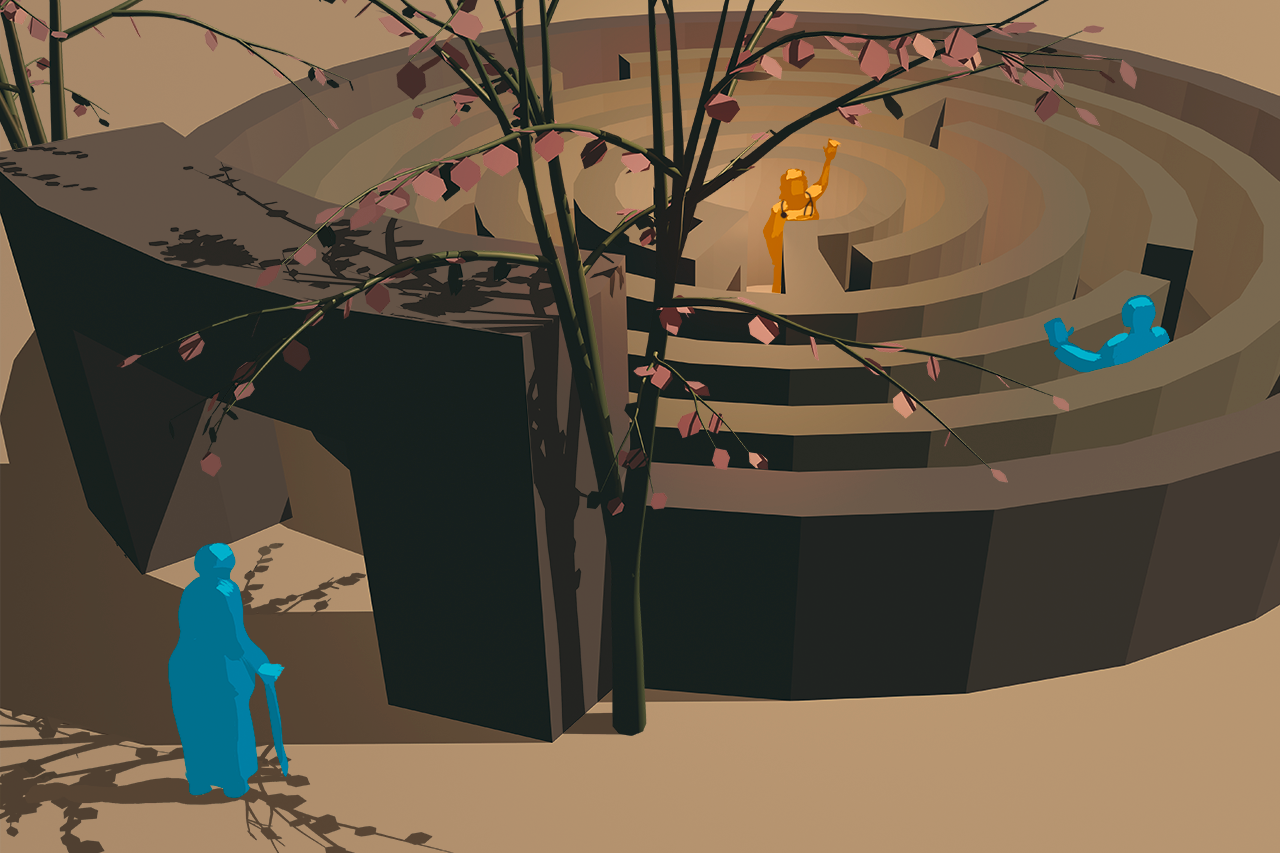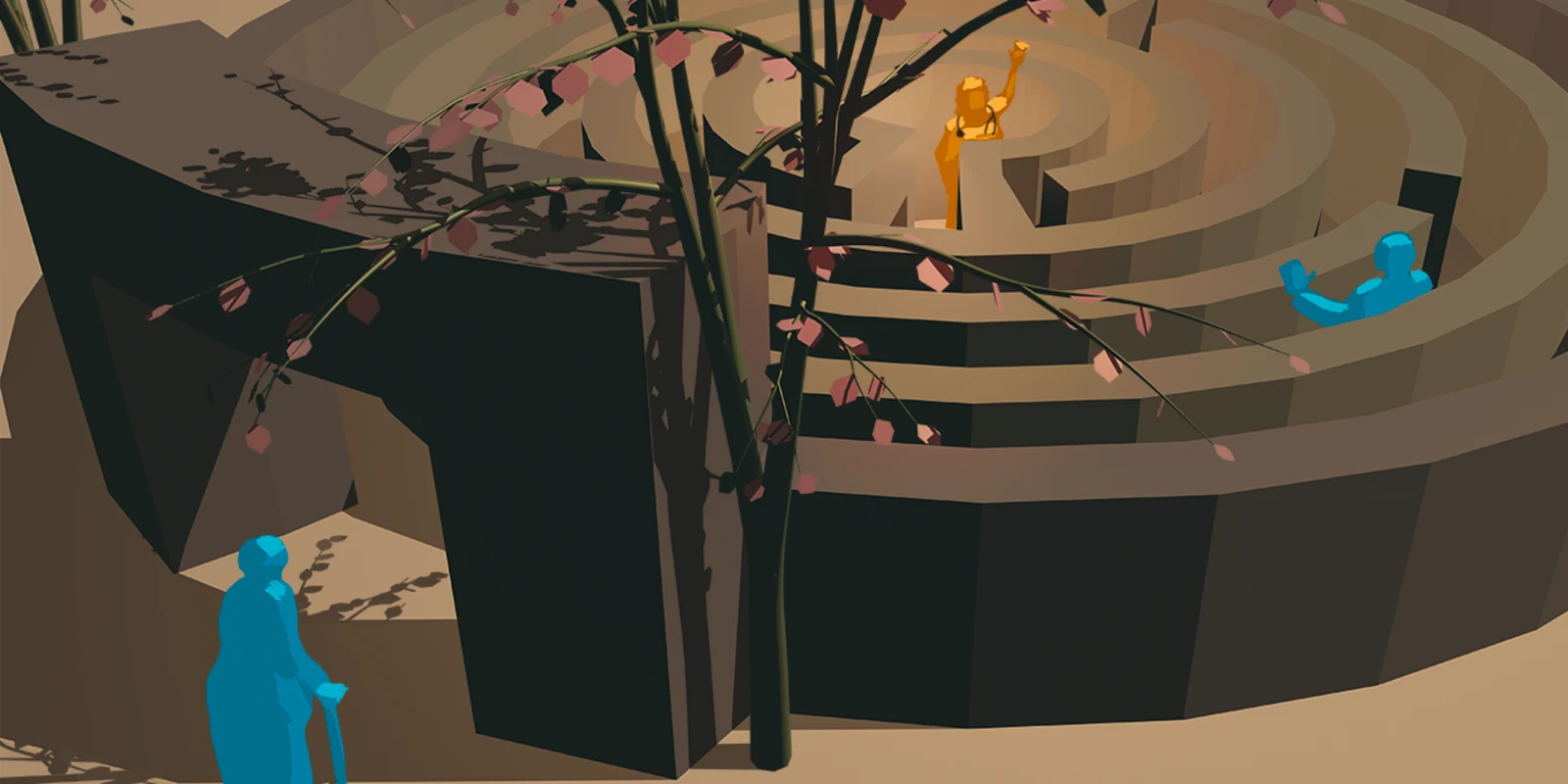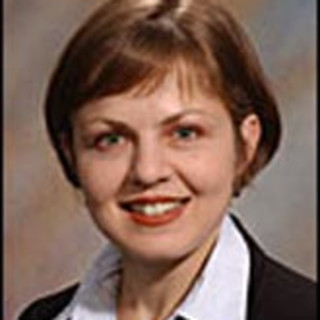
Op-Med ran the “Primary Care” contest in March 2018. We are excited to announce as the winning piece.
I go to work early. I drive to the hospital, halted at the gate: I have to scan my badge to get in, but for the life of me I cannot remember where I put it last night. Thankfully, our guard shows mercy and opens the gate for me. He’s been working here for very long time, possibly forever, and still calls our hospital by its long-forgotten name — Mount Sinai. He used to look straight ahead with an unwavering expression when I drove by, but for some time now he smiles and nods at me as I enter the parking garage. I guess I earned his trust after coming here every day for the last 16 years.
Has it really been that long? I completed residency and stayed on as a faculty in this hospital. I took boards twice since, had three children, attended 16 graduation ceremonies, taught hundreds of students and residents, and treated thousands of patients. Still, it is hard to believe how many days passed by — usually monotonous, frequently frustrating, occasionally exciting… sometimes tragic.
As I circle to get to my parking spot, I try to plan out my day: I will stop in the hospital to visit a patient who just underwent colon resection for colon cancer, grab coffee in the physician’s lounge — not the best kind of coffee, but definitely superior to what they make in the clinic — and take the skywalk to my office. If I am fortunate enough, I’ll be able to check yesterday’s results and even make a couple phone calls before my first scheduled patient. Not today. As soon as I show up, one of our clerks catches me in the hallway.
“Sorry, Doctor U., your patient walked in and is begging to be seen… having chest pain.”
“So you told him to go to the ER?” I say incredulously.
“Well… I kind of did… but he insists he wants to see you first.” I gesture surrender and run to the office to drop my bag.
I make the diagnosis as soon as I see the poor fellow from the doorstep of the exam room. He is sitting on the edge of the chair, restless, with his shirt rolled up to his nipples. Along the lower left chest, his torso is covered with a chain of bright red blisters. No wonder even a gentle touch of his shirt’s fabric sends painful shocks through his body.
“Oh, no, when did this happen?”
“It’s hurting for two days now… but it’s unbearable today.”
I start my patient on treatment for shingles, satisfied that I saved him a trip to the emergency room.
And my day rolls on.
Patients with hypertension, diabetes, and heart disease follow each other with the precision and predictability of the royal guards at Buckingham Palace. Among these diagnoses there are sprinkles of pain issues: back pain, shoulder pain, knee pain. We are well into the summer, which means snot and sneeze complaints are to a minimum. Every so often something exciting comes my way. Today, for example, I get to see a nice, lively older lady who “doesn’t believe in doctors” but is forced to visit me because her relatives are no longer able to deal with her tantrums. She is thin, looks younger than her age, her skin is smooth and glossy — not a single wrinkle, I think with jealousy. She has a sizable goiter, prominent eyes, and loud murmur (why don’t I have students with me when good physical findings present themselves?) and her hands are tremulous. I know exactly why she torments her family with her unbearable temper, and I believe I can fix it.
And again I experience the sense of satisfaction every craftsman must feel at a job well executed. It is truly rewarding to realize that you possess a certain set of skills: in my case, an ability to make a medical diagnosis which, when correctly established, should lead to an alleviation of suffering. When I was in residency, rotating through various medical specialties, I was fascinated by each. Like Isaiah Berlin’s fox, I liked to know many things, as opposed to the hedgehog, who knows one big and important thing. Ultimately, I understood: for me, the greatest satisfaction lies in being the first contact for the patient, someone who deals not with a particular diagnosis, or organ system, or an established problem, but rather, tangled signs and symptoms.
Ready to go to lunch, I refresh the screen of my computer one last time, and a new message pops up: my long-term patient died last night in home hospice, a 95-year-old Holocaust survivor. I call his daughter to tell her how much I enjoyed caring for her father, and her voice breaks up: “You know, doctor,” she says, “he loved you so much. In his last days, he would refuse to take any food, and we would tell him, ‘Doctor Julia called and told you to eat,’ and he would agree to a few bites.” We talk for another few minutes and hang up. I feel my eyes well up with tears. When I chose this specialty, I knew I would be the first physician to deal with the patient’s problem. It turns out I am just as likely to be the last one to have an impact on a patient’s life. I am not sure which of these duties is more gratifying.
Dr. Julia Usatinsky is a primary care physician and a faculty member at Aurora Sinai Medical Center, Milwaukee, where she completed her Internal Medicine residency. She graduated from N. Novgorod State Medical Academy in Russia.







